brokenknee
Platinum Member
There has been much talk on the corrosiveness of calcium chloride on this forum. My tire on my mower went flat over the winter. Since it had been sitting flat for a while I could see the tire was shot. I used my log splitter to break the bead to remove the tire. My tire was filled with calcium chloride when I purchased the mower about 7 or 8 years ago. (at the time I had a lake place that had some pretty steep hills, as already stated for tractors it added tremendously to the stability)
I though I would take some pictures to show what I found after removing the tire. These photos are what it looked like once the tire was off.
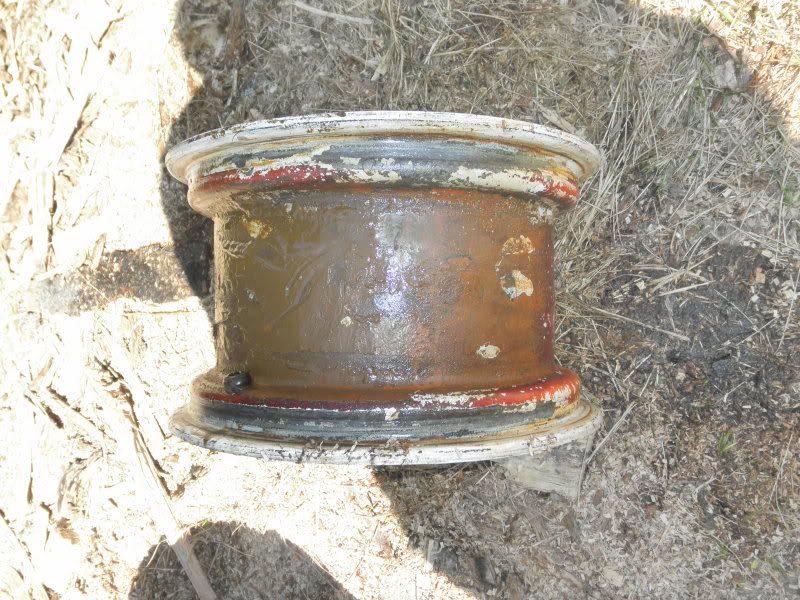
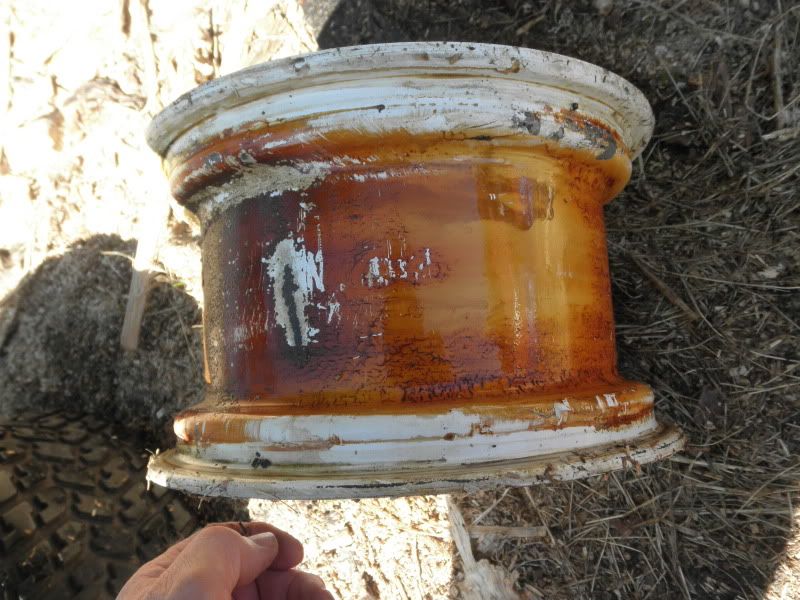

These are the photos after a "quick" clean up with a rag and some mineral spirits.
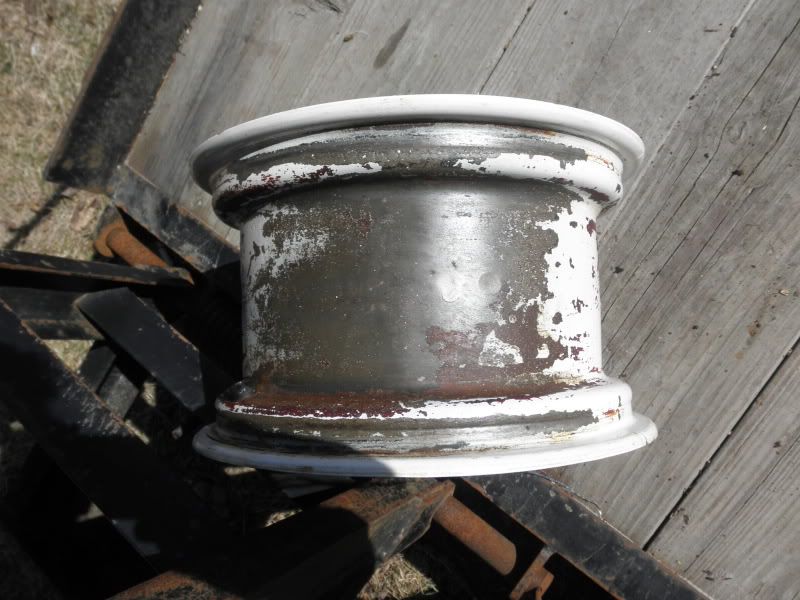
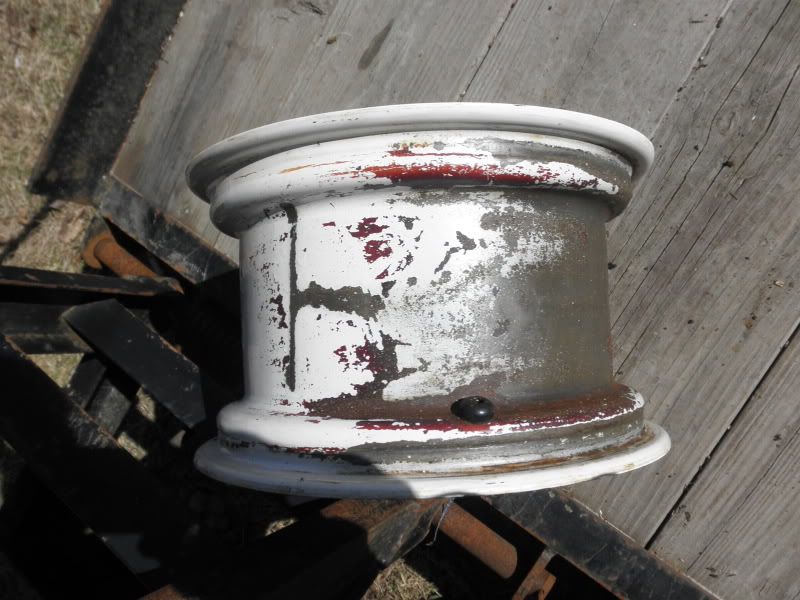
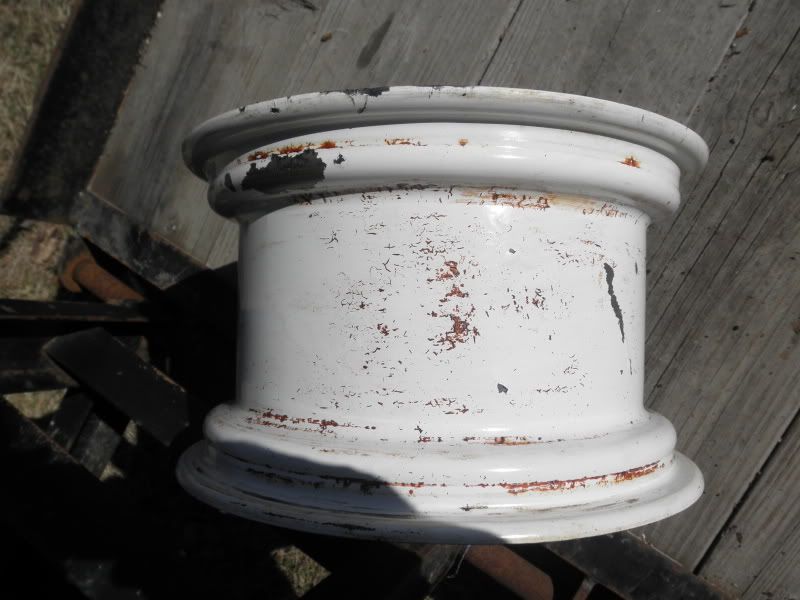
Here is a picture of the valve stem
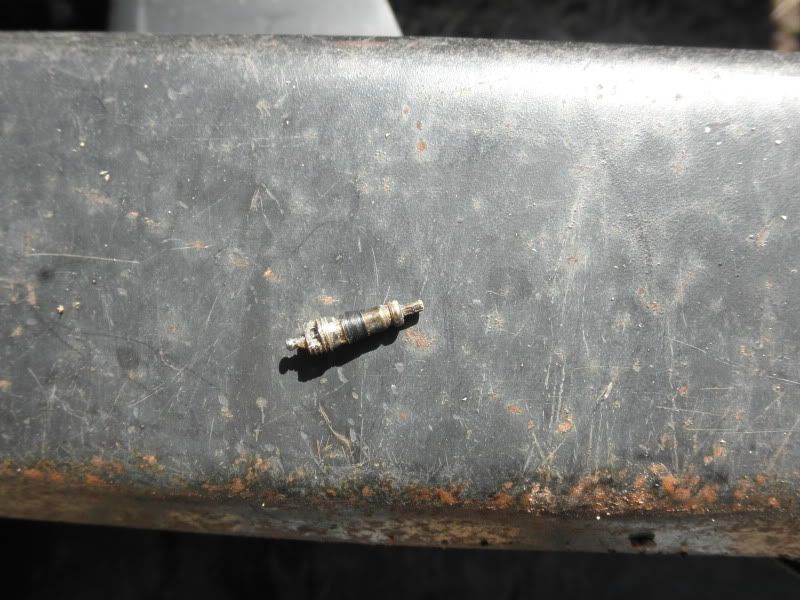
And here is the danger of using your log splitter to break the bead.
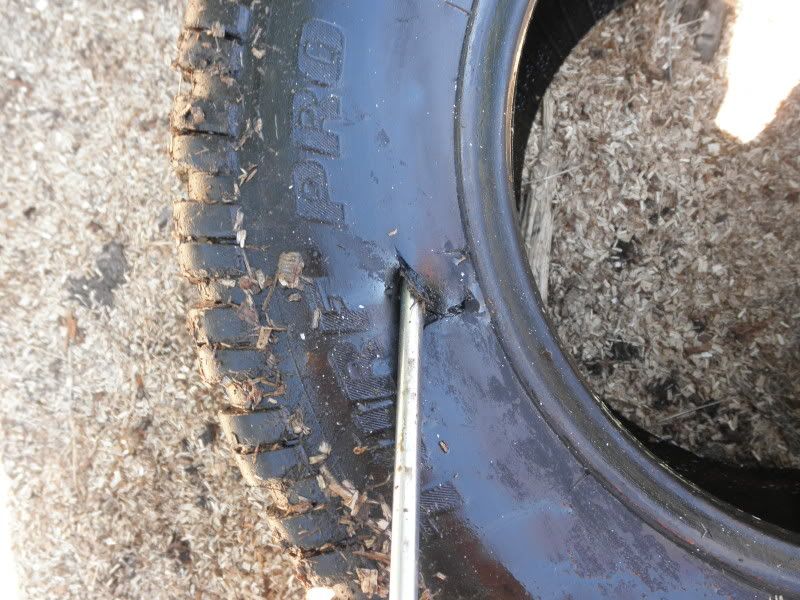
Your mileage may vary, a friend of mine said the calcium chloride corroded his valve stem and leaked. I am not sure what caused my leak, but after doing a quick clean up the rim appears sound.
I though I would take some pictures to show what I found after removing the tire. These photos are what it looked like once the tire was off.



These are the photos after a "quick" clean up with a rag and some mineral spirits.



Here is a picture of the valve stem

And here is the danger of using your log splitter to break the bead.

Your mileage may vary, a friend of mine said the calcium chloride corroded his valve stem and leaked. I am not sure what caused my leak, but after doing a quick clean up the rim appears sound.